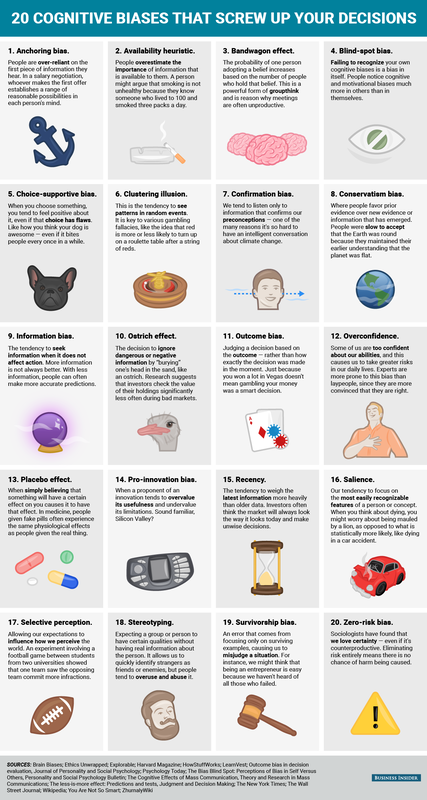|
Church assessments are hard. It is that simple. All of us want to see both ourselves and our churches in the best possible light. It is kind of like when our jeans don’t fit after the Thanksgiving and Christmas holidays. We can try to say they shrunk in the wash or we can admit to ourselves that we may have indulged a little too much. It is not until we look at ourselves in the mirror with a critical eye that we can admit we may have overindulged over the holidays. The same is true for churches. When was the last time your church looked into the mirror? Many churches complete their charge conference paperwork (if you are United Methodist), and then attempt to rationalize what happened in the previous year if things did not go well. Think about your own church situation and ask: how do we explain our church growth or our decline? (And with 94% of churches in decline, it usually is the later.) Here are a few explanations: Growth – We are so friendly here. Decline – It is the megachurch down the street that just puts on a show. Growth – Our pastor preaches a good sermon every week. Decline – It is societies fault that people don’t want to come to church. Growth – Our choir is amazing. Decline – Kids sports are on Sunday now. It isn’t our fault. Growth – People love our children’s programs. Decline – It isn’t about numbers. It is about how strong of disciples we are. Now, some of these explanations may provide some insight into why there is growth or decline in your church. Your pastor may be good at preaching. The megachurch may be drawing away members. People may love your choir or children’s programs. There may be people drawn away by competing events. The fundamental issue is that none of these explanations get to the WHY! The core issue with church assessments What is the core issue with church assessments? It is us. Yep, it is true. Let me explain. We make thousands of decisions each day. Whether it is what we want to eat for breakfast or why someone cut us off, our brain uses our experience, our emotions and our perceived patterns to help us accelerate the decision making process. It is the only thing that keeps us able to function in our daily lives, especially in today’s fast pace world. To help reduce the workload on your brain, it uses patterns to recognize what is happening and what to do about it. While it keeps us from going crazy, sometimes our own frame of reference prevents us from objectively seeing a situation and evaluating it. Here is a graphic published in the article, “20 cognitive biases that screw up your decision making” by Business Insider UK to provide an overview of JUST SOME of the many biases we need to think through to objectively analyze a situation. The first step in church assessments.
Lying to ourselves, whether as an individual or as a church body, is not that hard. Our bias gets in the way. Ask any church that has not grown. We are professionals at explaining away our declining church attendance and pointing to a set of facts that make it “not our fault.” We will then go on and explain that we are growing spiritually and that it is OK. I have two words for you: “Not biblical.” Stop making excuses. The Great Commission and the Great Commandment make it very clear that it is our job to make disciples for the transformation of the world. That includes bringing new people to the faith, growing their faith and sending them back out into the world to re-present Christ. I believe any church can grow. I have seen it. I have written about it. I have experienced it. If the church can grow under extreme presecution (whether in Acts 2 or today in China), it can grow anywhere. If a urban church of 35 (and everyone over 65) can grow in 3 years to a church of 150 and serve over 5,000 meals a year with zero budget, it can grow. If your church is just 3 families and 12 people, it can grow. The question is…are you willing to do whatever it takes with God’s power to do it. The key to taking to first step is to answer this question: “Are we willing to take an objective look at our actions, our attitudes, our community, our calling, and our capabilities to live fully in the Great Commission and the Great Commandment?”
0 Comments
Leave a Reply. |
AuthorRead the ramblings of mainly Eric concerning church growth or whatever catches his attention. Archives
October 2021
Categories |


 RSS Feed
RSS Feed
